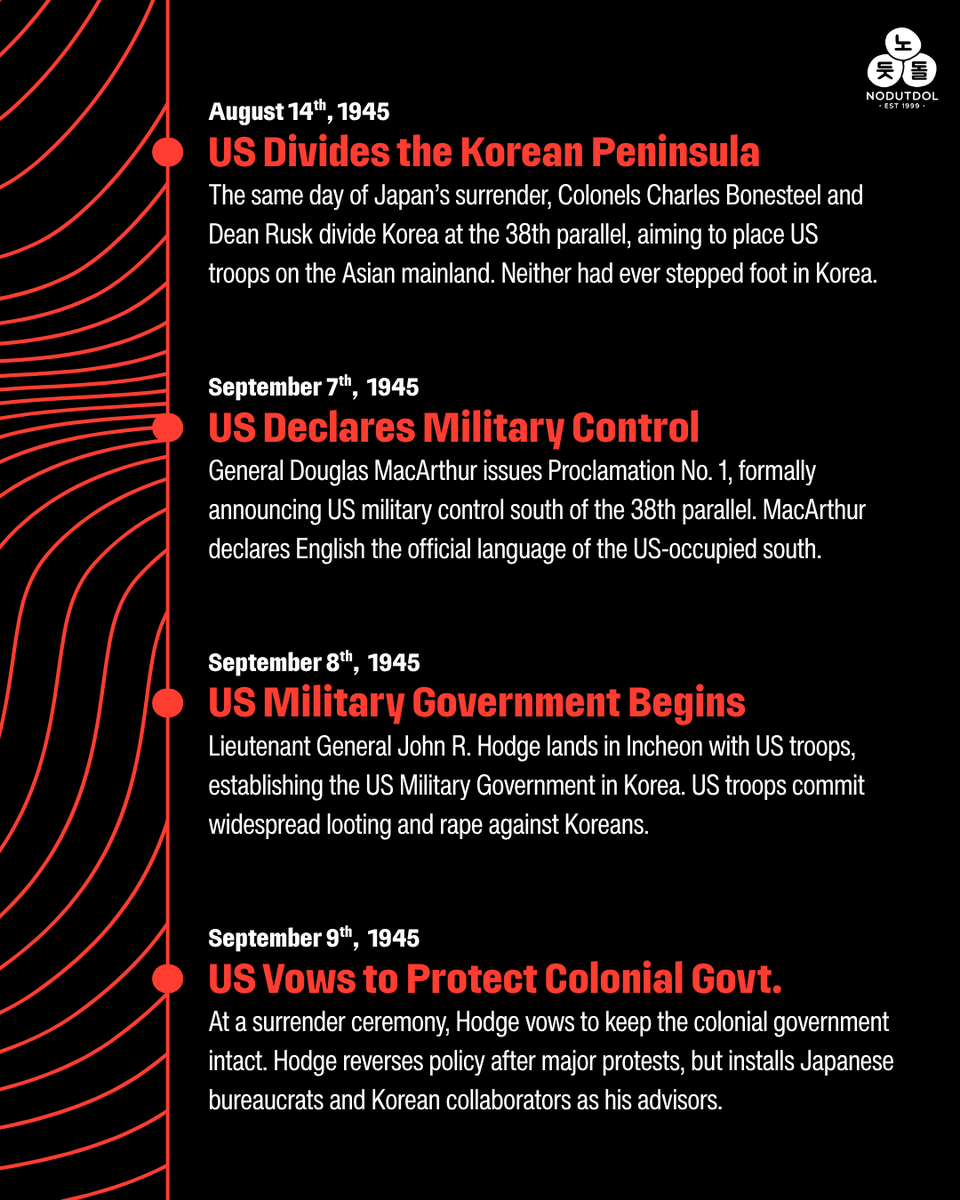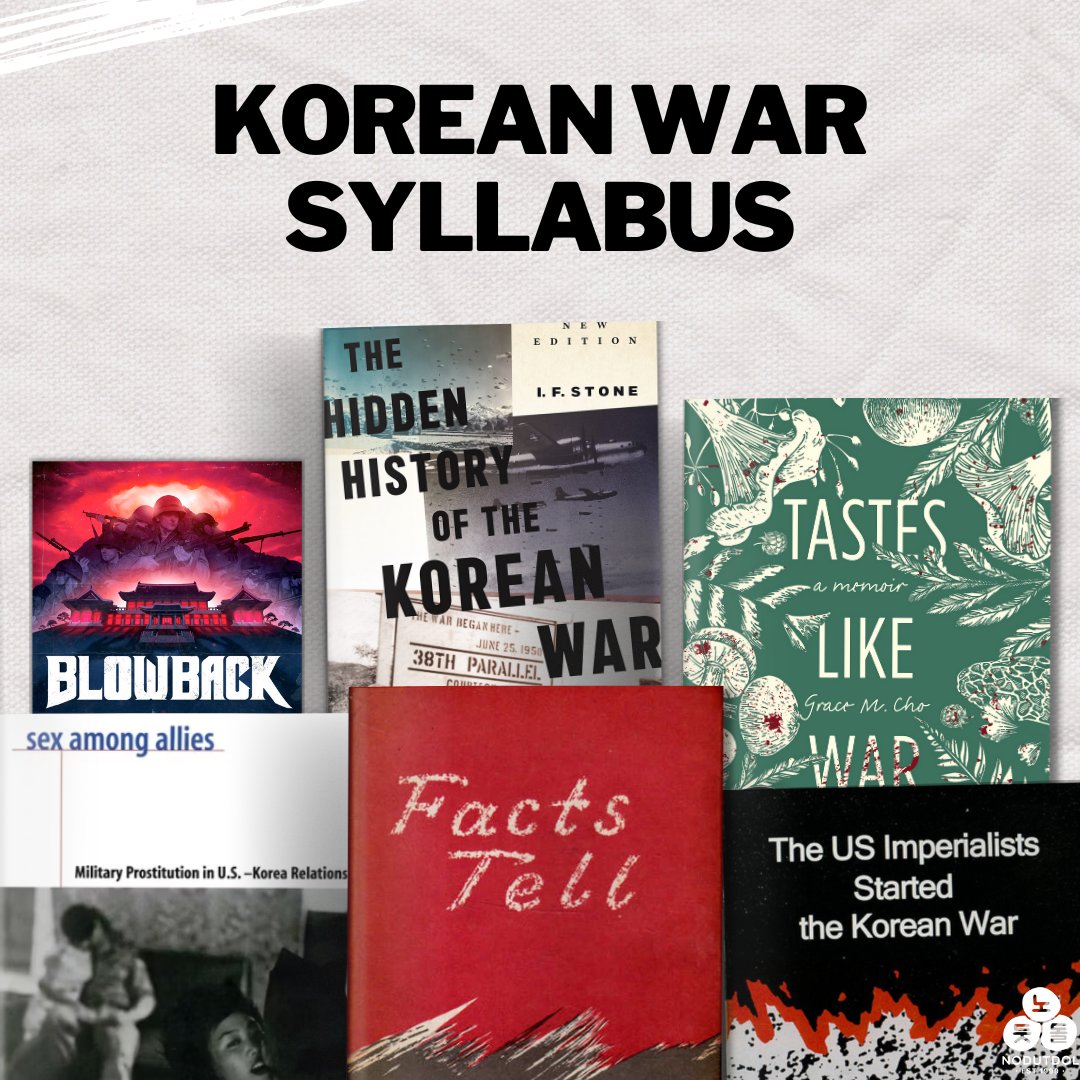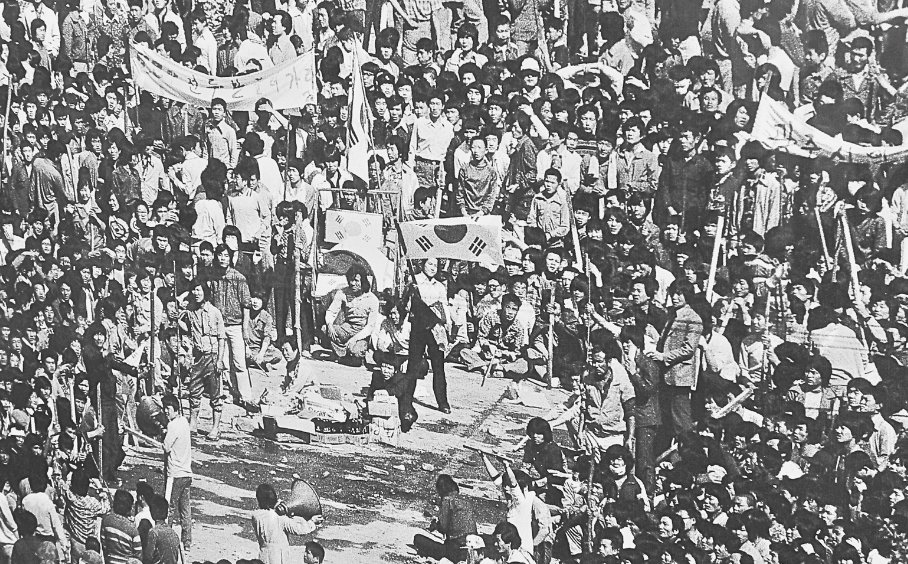On this day in 1948, Jeju Islanders organized an armed rebellion for a free and unified Korea. In response, the US military & south Korean gov massacred 20% of Jeju's population.
The US & south Korea want to erase this history. But we will not forget the martyrs of Jeju. 🧵
The US & south Korea want to erase this history. But we will not forget the martyrs of Jeju. 🧵

After years of brutal Japanese colonialism, Koreans finally won their independence in 1945. But Korea was not yet free.
The US occupied southern Korea, placed the Korean people under US military rule, and re-hired Japanese colonial officers into the police and government.
The US occupied southern Korea, placed the Korean people under US military rule, and re-hired Japanese colonial officers into the police and government.

Koreans began organizing self-governing People's Committees all over the peninsula. The US Military Government forcibly dissolved most People's Committees. But the Jeju Island People's Committee remained strong, partly because Jeju had always had a robust communal culture. 
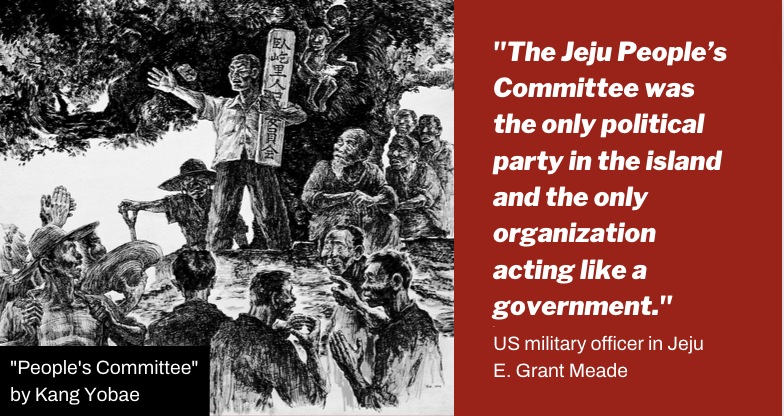
On March 1, 1947, 30,000 people attended a rally in Jeju to commemorate the Korean independence movement.
After the rally, police fired into the crowd, killing six and injuring eight. The people of Jeju were outraged and organized a month-long, island-wide general strike.
After the rally, police fired into the crowd, killing six and injuring eight. The people of Jeju were outraged and organized a month-long, island-wide general strike.
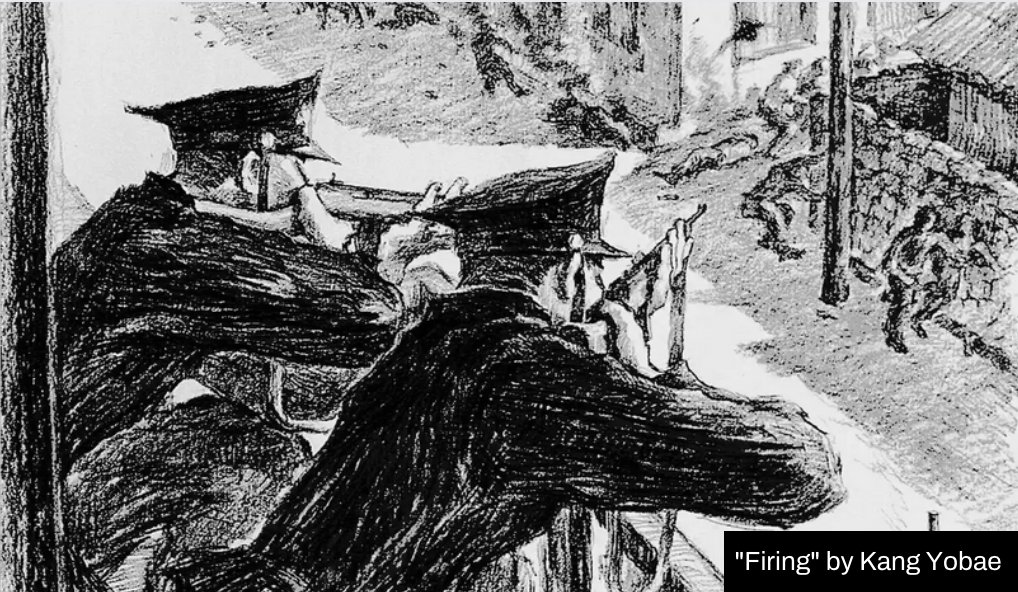
The US Military Government labeled Jeju an "island of reds" and used anti-communism to torture, imprison, and kill thousands of civilians.
A right-wing paramilitary group, the Seobuk Youth Association, carried out especially brutal torture and executions.
A right-wing paramilitary group, the Seobuk Youth Association, carried out especially brutal torture and executions.
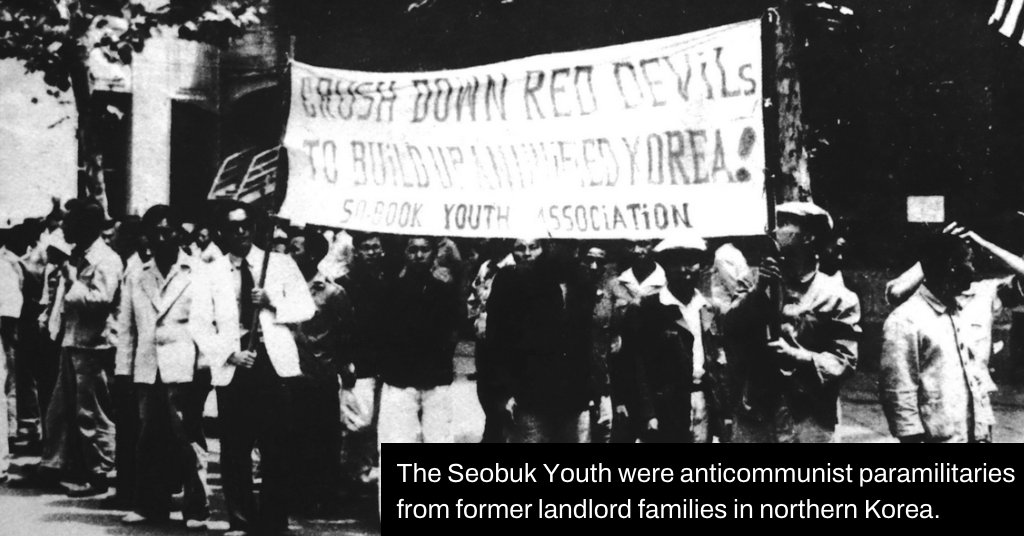
The US & UN began organizing elections for a new government in southern Korea in 1947. But these elections were hugely unpopular among Korean people, who did not want their country to be divided and controlled by the US — especially after they had just won liberation from Japan. 
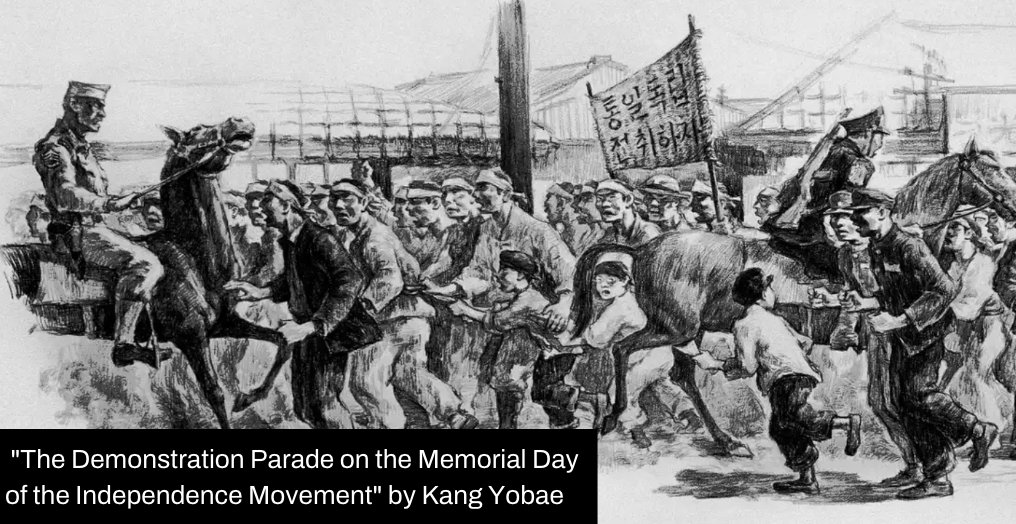
On April 3, 1948, the people of Jeju Island armed themselves and attacked 12 of the 24 police stations in Jeju. Outraged over the rigged elections and the torture they had endured for months, they chanted: "Resist the oppression!" 
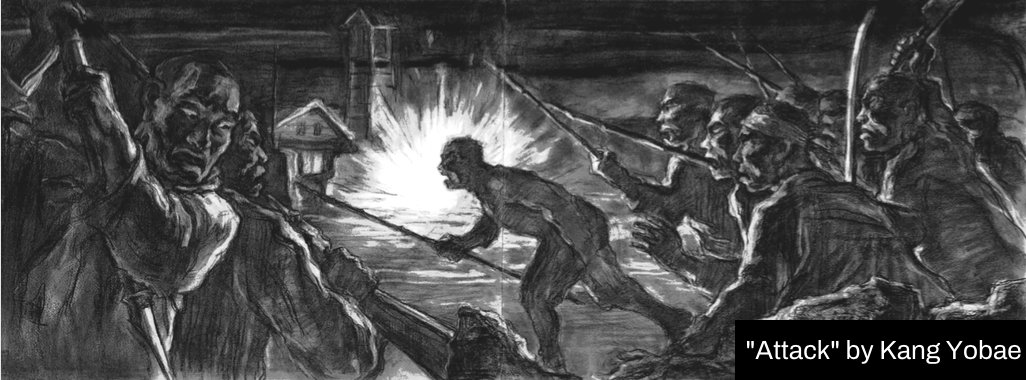
On May 10, the general election was held. 2 out of 3 districts in Jeju boycotted the election. In response, newly elected president Syngman Rhee ordered a quarantine in Jeju. Those who defied the quarantine would be shot to death. 

Under the command of the US Military Government, police, soldiers, and paramilitaries waged total war in Jeju. They burned entire villages to the ground, and raped, tortured, and executed their inhabitants. Bodies were thrown into mass graves.
By 1954, 30,000-60,000 were dead.
By 1954, 30,000-60,000 were dead.
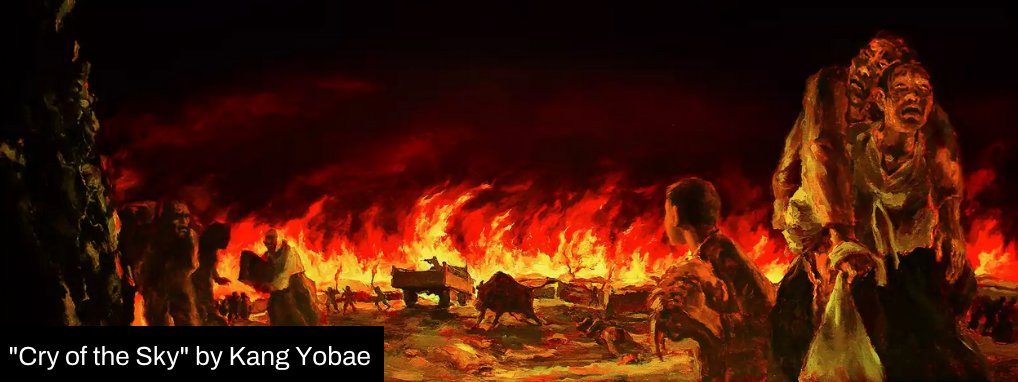
The Jeju Massacre is one of the darkest events in Korea's history. 20% of Jeju's population was killed, and 1 in 3 were displaced. Knowledge of the massacre was suppressed for decades, and today President Yoon is trying to censor it from history books.
blueroofpolitics.com/post/yoon-admi…
blueroofpolitics.com/post/yoon-admi…
The US never acknowledged its role in the massacre and claims to have "saved" Korea from communism. But the US did not bring freedom or democracy to Korea — only division and mass death.
We will never forget the martyrs of Jeju.

We will never forget the martyrs of Jeju.
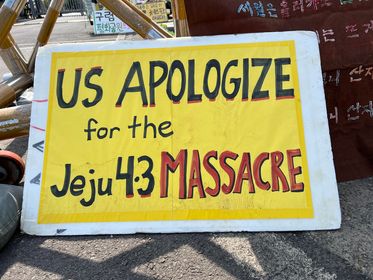
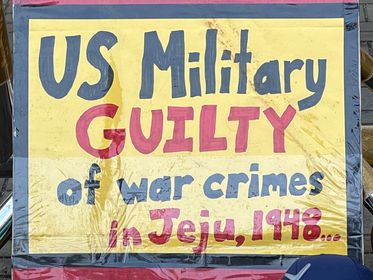
• • •
Missing some Tweet in this thread? You can try to
force a refresh



